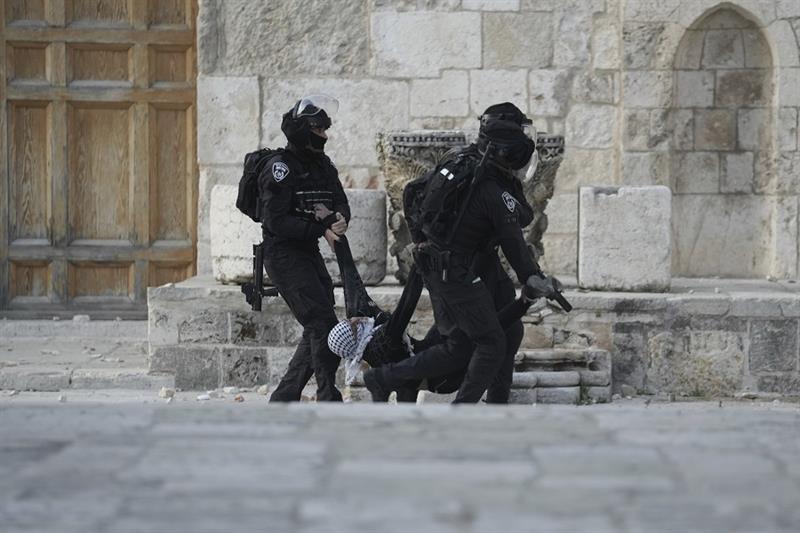
Caroline Vakil
Thu, May 12, 2022
Anthony Fauci, the nation’s top infectious disease expert, said in an interview on Thursday that the COVID-19 death toll of 1 million people in the U.S. is “incredibly tragic” and added that “many of those deaths were avoidable.”
“I mean, the idea of 1 million deaths in an outbreak, that is historic in nature. We have had nothing like this in well over 104 years. One of the parts about it that adds to the tragedy is that many of those deaths were avoidable, avoidable if people had been vaccinated,” Fauci told Amna Nawaz of PBS.
“It’s estimated that, if people had been vaccinated to a much greater extent right now, that vaccines would have avoided at least a quarter of those deaths, namely about 250,000.” TRUMP DEATH TOLL
Fauci urged Americans not to let their guard down, reiterating a previous warning that the United States could see a surge in COVID-19 cases between the fall and winter.
“There is a threat and a likelihood that we’ll see a surge as we get into the fall and the winter. So we’ve got to be prepared. And we’ve got to be prepared with vaccinations, with boosters, with optimizing the therapy,” he said.
Asked what more the Biden administration could be doing to combat the pandemic, President Biden’s top medical adviser said officials were continuing to urge those who have not already been vaccinated to get the shots, and as well as working to make COVID-19 treatments more widely available in an effort to protect against serious disease.
The interview comes as Congress remains stalled over COVID-19 funding the White House warns is much needed to keep up with vaccinations and boosters, among other necessities.
If Congress cannot come to a deal, the U.S. could face risks such as shortages of tests, vaccines and COVID-19 treatments, in addition to an inability to fund new potential breakthrough treatments.
Fauci reiterated the need for Congress to pass new COVID-19 funding during his interview.
“First of all, we won’t have enough antivirals. We won’t be able to develop newer and better antivirals. We won’t be able to have a booster for everyone, and we will not be able to get the best possible boosters,” he said, outlining how the U.S. could be impacted without proper pandemic funding.
“We have studies right now that are lined up to try and figure out what the most appropriate booster will be for the fourth shot that likely people will need as we get into the fall. If we don’t get the resources that we asked for, we’re not going to be able to do that,” he added.












